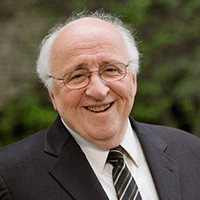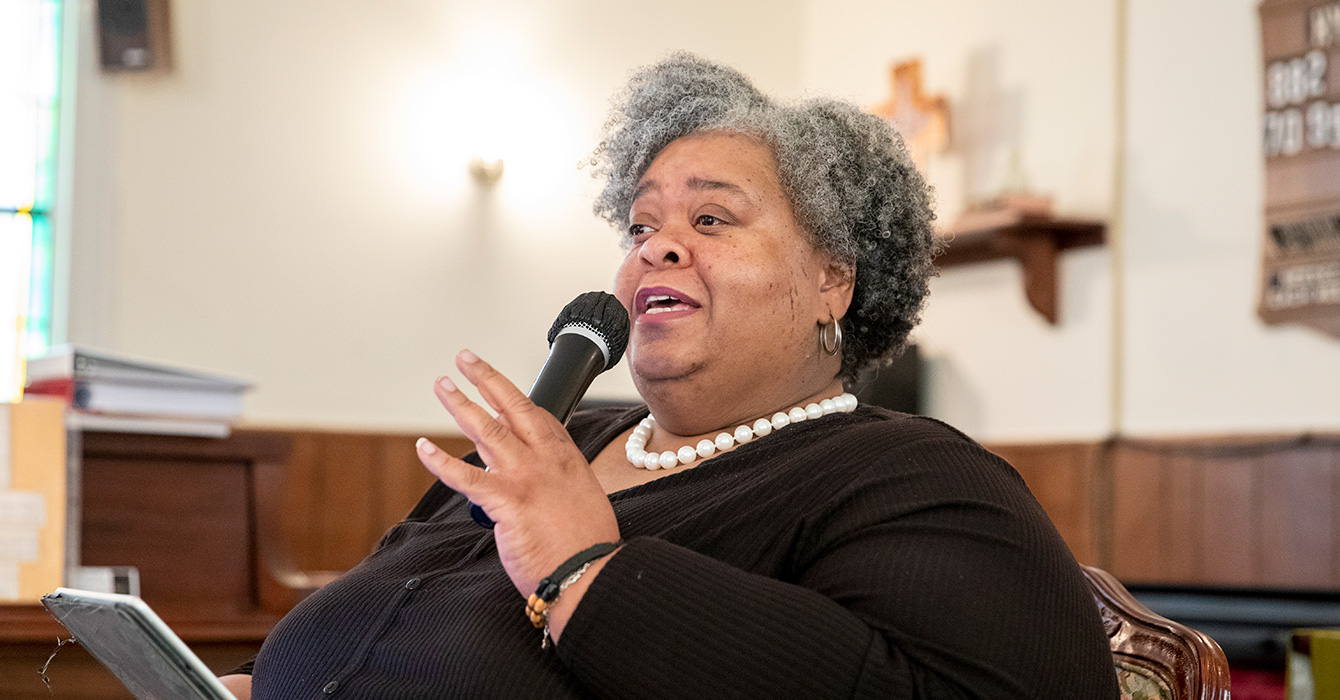In his book “Jew vs Jew: The Struggle for the Soul of American Jewry,” Samuel G. Freedman (himself Conservative Jew), describes what he sees as two “dueling models” of what it means to be a Jew these days. The first he characterizes as “I am what I feel.” Popular among the more secular and liberal types, Jewish identity here is whatever a particular Jew feels it to be—maybe attending a synagogue only on high holy days, or perhaps even just a vague sense of ethnicity connected to a preference for specific kinds of humor and sandwiches.
The second model, “I feel what I am,” is espoused by the various Conservative and Orthodox schools of thought. Here, to be a Jew is to be “observant,” to conform to the pattern of Jewishness that God has laid out in the 613 commandments of the Torah.
Freedman’s way of characterizing the two models is applicable to Christians as well. For some folks today, we can make Christianity be whatever we’re comfortable with. If we happen not to like a particular doctrine or a prohibition against certain behaviors, we can dispense with such things at will. For others, there are some clear and objective standards for deciding what Christianity is all about. “Observant” Christianity requires conformity to the norms of discipleship that are not of our own making.
One of the buzzwords in theological education these days is “formation,” a concept that seems to fit best with the second model. Being “formed” to serve the Lord
can never mean simply building on our “natural” thoughts and feelings and impulses. We are sinners who need guidance from God—and we also need the supernatural power that will enable us actually to follow that guidance. We can’t simply put together any combination of beliefs and practices that feels good and label it “Christian.” The Bible does not allow us to do that, as the biblical writers make clear over and over again. The Psalmist, for example, gives us a good picture of what is required: “Search me, O God, and know my heart; test me and know my thoughts. See if there is any wicked way in me, and lead me in the way everlasting” (Psalm 139: 23-24).
Formation for Christian leadership has an important intellectual dimension. Ideas are important. But not just any old ideas. We have to study the Bible and at least some theological perspectives to learn them. It helps to explore the thoughts and actions of the Christian past before we wrestle with different cultural “packagings” of religious life today.
All of this works best, as I see it, when a good dose of intellectual and spiritual playfulness is encouraged. But that can’t mean a free-wheeling “pick and choose what you want” spirit. “Do not be conformed to this world,” writes the Apostle, “but be transformed by the renewing of your minds, so that you may discern what is the will of God—what is good and acceptable and perfect” (Romans 12: 2).
Leadership formation for Christians is trans-formation. It is learning to “feel what we are.”
Richard J. Mouw is president of Fuller Theological Seminary in Pasadena, California.








